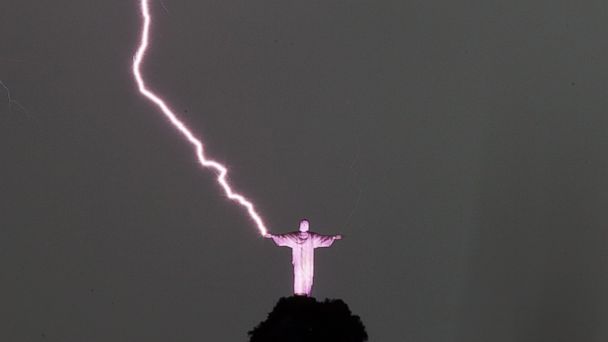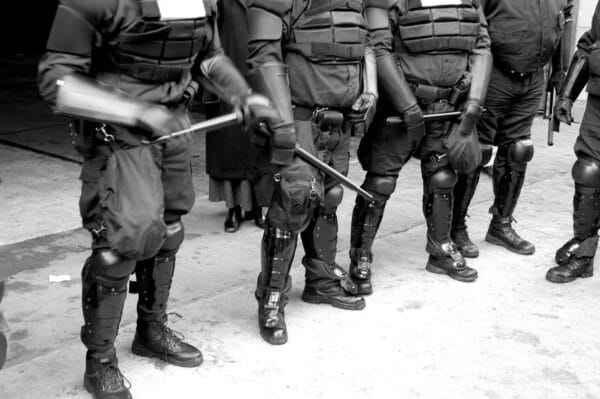Suddenly, on October 7, Hamas attacked on the eighth day of the Sukkot festival. Unexpectedly, Hamas fighters crossed from Gaza into Israel. Quickly, they killed and raped and destroyed. The disaster stunned Israel and disoriented its people. Some were unable to integrate the distressing information. Sudden tragedies assault the psyche of those who persevered.
At Parshat Shmini, the Hebrews completed 8 days of dedication rituals for their new tabernacle. At the festivities’ end, Aaron’s sons, Nadav and Abihu, lit an additional incense offering. Suddenly, Nadav and Abihu were dead as fire came forth from God and consumed them.
Aaron did not cry out at the sudden death of two sons. At first, silence was his response. Unspeakable tragedy sometimes leaves us unable to speak.
Soon after, Aaron returned to his duties as the High Priest. Service replaced silence. Activity replaced immobility. Aaron did not abdicate his role or foreswear his duties.
Upon the death of his nephews, Moses offered cautionary words. “This is what יהוה meant by saying: Through those near to Me I show Myself holy, And gain glory before all the people.” Leviticus 10:3.
Moses’ warning is that God shows God’s self as holy through those near to God. Perhaps Moses was saying that the people truly near to God would not present an impassioned fire offering. The inappropriate offering was presumptuous and arrogant. Holiness cannot be summoned by ego-driven actions. Those who act for their glory, under the pretense of serving God, might not long survive.
Unsanctioned and self-serving actions can end in disaster. That is the legacy of Nadav and Abihu. After the shock of a disaster, people can be resilient. That is Aaron’s legacy.
God willing, like Aaron, Israel will recover. As for leaders whose actions are self-interested and excessive, God is not discernable within their unholy endeavors. Their legacies are not crowned with glory but will be buried in disgrace.
Rabbi Evan J. Krame





